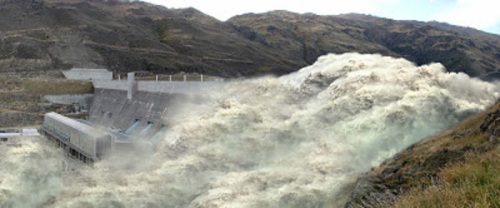For many federal contractors, the past year has been like a trip through the desert where you can never get to the green valley. Based on our exposure to hundreds of programs, there is strong impressionistic evidence that RFP releases have moved to the right more than any other time in the 21st century.
The question at the forefront for contractors is – when will the dam break and the bottled-up RFPs began to pour forth? Based on 15 years experience with RFP release cycles, I think this is what we can expect in the near future:
1. We will see more RFP releases during the next 30 days. But this will be less than we usually see during early calendar year periods when there is still a Continuing Resolution (CR). This is because the procurement community is spooked by the political situation, including polarized parties with animosity between the two sides and lack of political appointees not yet in place.
2. Once the appropriations are passed, the market will breathe a sign of relief, and RFP releases will become more plentiful.
3. The period of fast RFP releases will come 30-45-60 days after passage of appropriations, when the agencies have time to distribute budget dollars down to the individual activities.
4. Best educated guess among those close to the political process, the appropriations will be passed in early March or late February.
Is there any other industry where there is such joy of serving and yet such tribulations along the way?





It’s so frustrating to wait for another prop to work on while Congress dithers on the budget. I thought I had some work in January but wasn’t released yet. I hope it will hit soon.
Philip,
We know scores of customers and consultants who are in the same boat. During my 33 years in the business, I have not seen such a period of delay after delay. Most qualified observers believe the primary cause of this is the administration being so slow to get on board their political appointees who provide guidance in releasing solicitations. Now that both houses of congress have passed budgets, the situation is expected to improve during the next 2-3 months. Thanks for your comment.